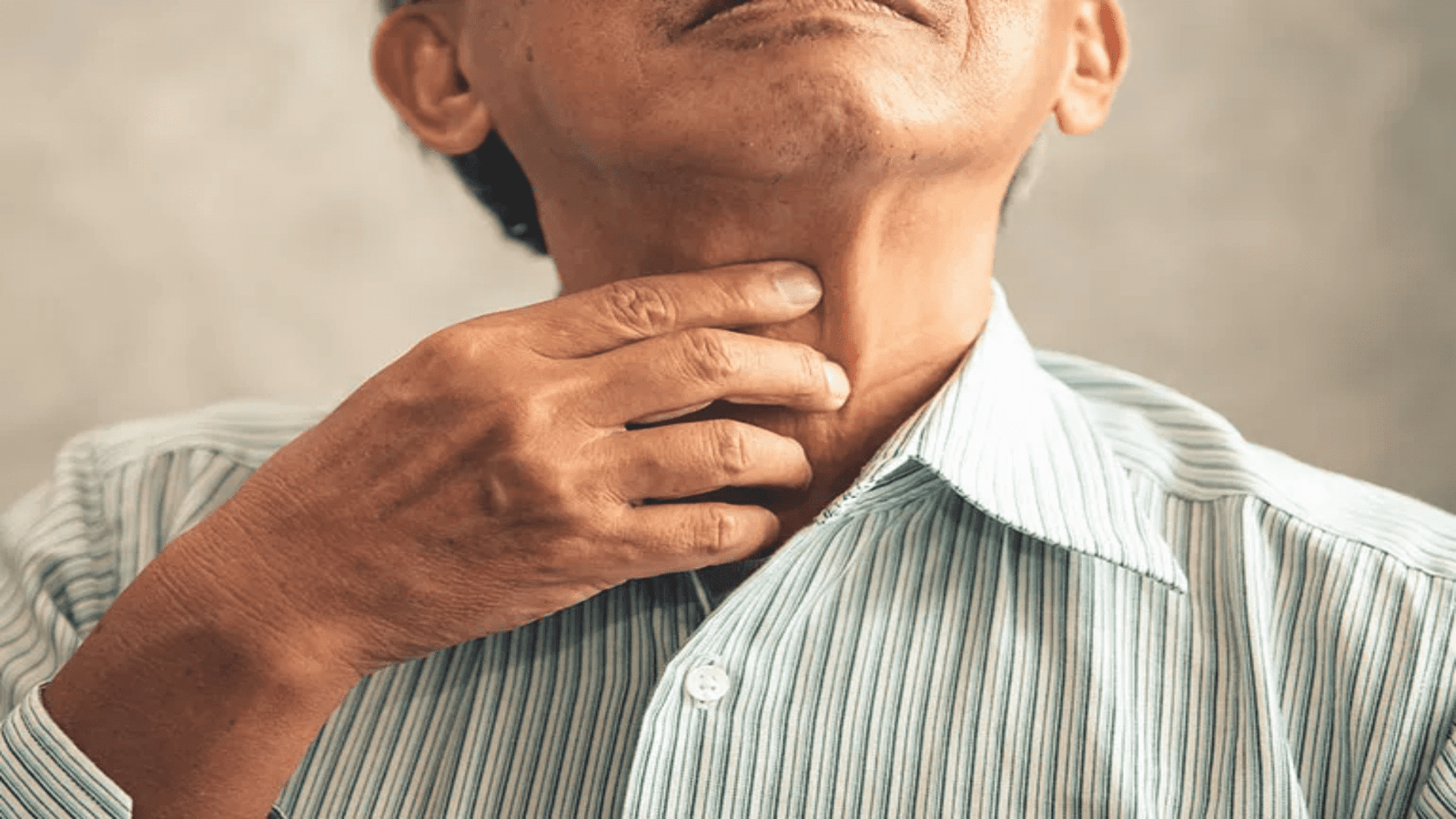WEB DESK: Have you noticed changes in your voice as you’ve aged? You’re not alone. Many adults experience alterations in their voices over time, with some voices deepening and others encountering difficulties. Here’s why our voices change as we age, and when it might be time to seek medical advice.
Physical changes
As we grow older, several physical changes contribute to alterations in our voices. Reduced muscle mass and changes in posture can make it challenging to produce sounds with the same clarity as before. For singers, this may result in deeper or more tremulous voices, while speaking volume can diminish, particularly for individuals dealing with swallowing disorders or neurological conditions like Parkinson’s disease. The vocal folds, responsible for producing sound, can also undergo changes, losing tone and elasticity and affecting the quality of speech.
James Curtis, a speech-language pathologist at Weill Cornell Medicine, explains, “The cellular makeup of the vocal folds changes with age, combined with weakened breath capacity, muscle tone, and posture, leading to a decline in voice quality.”
Perception
Voice changes associated with aging typically occur gradually, with some individuals experiencing them as early as their fifties. While not everyone notices these changes, they can be apparent to friends, family, and acquaintances. Research indicates that while older voices are often associated with wisdom and storytelling abilities, negative connotations are sometimes attached to them, reinforcing stereotypes about older individuals’ capabilities and worth.
Read More: Preity Zinta completes filming for ‘challenging role’ in Lahore 1947
Gender & aging voice
Women, in particular, may face stereotypes related to aging voices, influenced by biological factors. Hormonal fluctuations, including those during the menstrual cycle and menopause, can impact vocal quality. While research on sex differences in aging voices is still developing, hormone replacement therapy is sometimes used to mitigate vocal changes in menopause.
Treatment for voice disorders in aging adults
Understanding the multifactorial nature of age-related voice changes is crucial for effective treatment. Non-invasive voice therapy, administered by speech-language pathologists, is often the primary approach, focusing on vocal, breathing, and postural exercises to maintain vocal range and volume. Medications and surgical interventions may be recommended for more severe cases, targeting underlying conditions affecting the voice.
Prevention
Maintaining overall health and fitness can help preserve vocal function as we age. Regular physical activity, good oral hygiene, proper nutrition, and hydration are essential. Avoiding smoking, which can damage the voice and increase the risk of cancer, is also crucial.
Psychological impact
Unwelcome voice changes can have psychological ramifications, leading to social withdrawal and depression in some older adults. Seeking help and support is important for maintaining quality of life and well-being.
In conclusion, understanding and accepting age-related voice changes is crucial for effective management. Seeking medical advice when necessary can help individuals maintain confidence and participation in personal, social, and professional activities. As James Curtis emphasizes, our voices are deeply personal, and taking care of them is vital at any age.







2 Comments